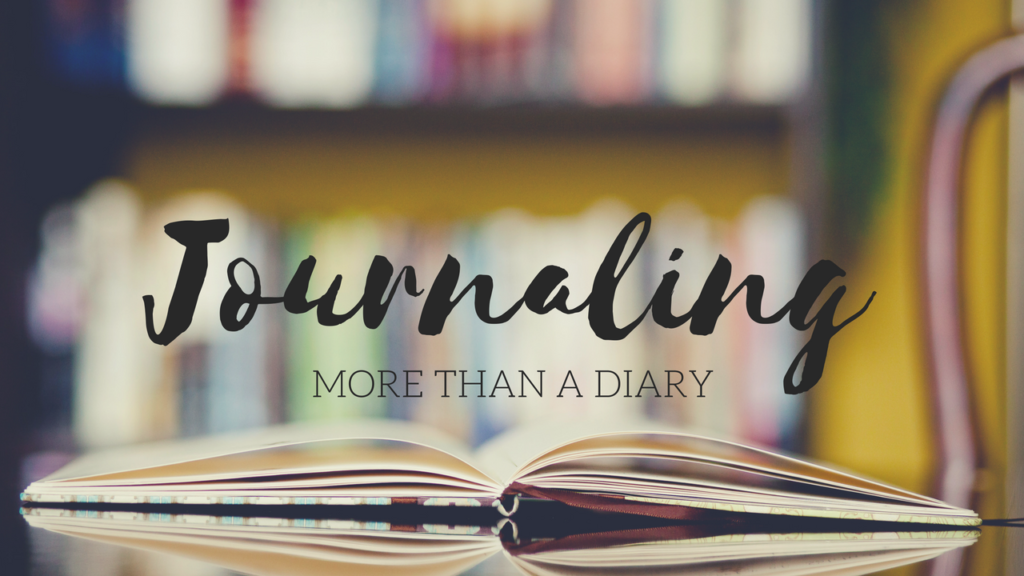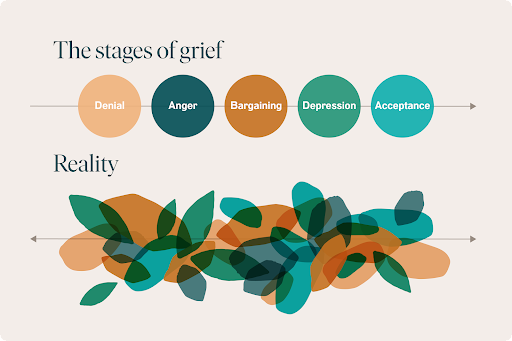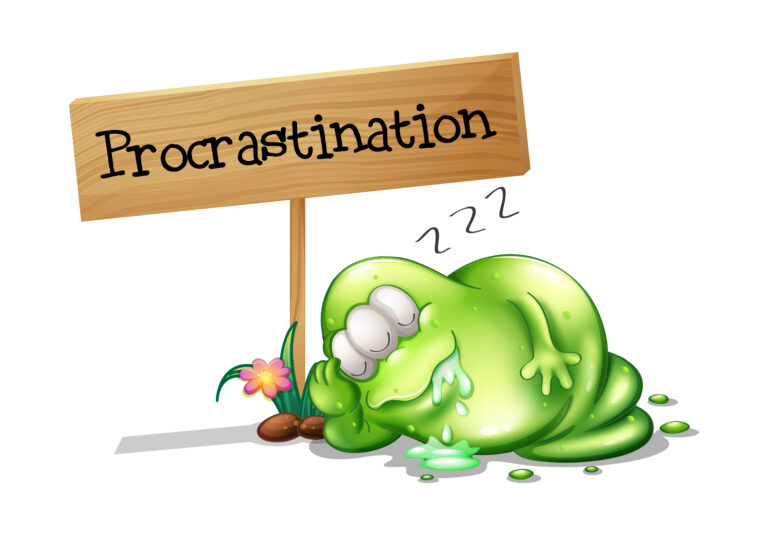7 Key Benefits of Journaling

Introduction
Journaling is one of the most powerful tools with both mental and emotional benefits. Recently, it has gained popularity as a therapeutic practice where people have used it to overcome anxiety, depression, and stress, among other mental-related issues. In a study by the University of Rochester Medical Centre, it was evident that journaling is effective towards stress management, coping with depression and loss and grief.
In this blog article, we will explore the main advantages of journaling, shedding light on how it can enhance self-awareness, reduce stress, help towards goal setting, foster creativity, improve writing skills, preserve memories, and even strengthen relationships. By the end of this article, you will have a deeper understanding of the multifaceted benefits of journaling and how it can be integrated into various aspects of your life.
Enhanced Self-Awareness
Journaling serves as a remarkable tool for deepening your self-awareness. If you regularly record your thoughts, feelings, and experiences, you can easily gain insight into your minds. Journaling encourages you to pause, reflect, and analyze your emotions and actions. Through this type of self-reflection, you are likely to easily identify patterns in your behavior, recognize triggers for negative emotions, and uncover hidden desires and motivations. It is a self-exploration that results in personal growth, improved decision-making, and better emotional regulation.
Stress Reduction and Emotional Regulation
Writing is one of the expressive therapy that gradually eases feelings of stress, anxiety and emotional trauma. The act of putting pen to paper can be amazingly therapeutic. Writing down our thoughts and emotions works as a release valve for stress and tension. According to a study by the American Psychological Association, writing therapy is also helpful towards venting out our emotions and gaining a fresh perspective. This can be significantly helpful in regulating your emotional responses, especially during challenging or distressing situations. Journaling also offers a healthy outlet for stress, helping us constructively cope with difficult moments.
Goal Setting and Achievement
Journaling is also a powerful practice for goal setting and achievement. Whether your goals are related to career advancement, personal growth or health, journaling would be a transformative tool to assist in goal clarification, tracking progress and staying motivated. When you write down your goals and the steps required to reach them, you will likely stay committed and motivated. Apart from the above, journaling is an invaluable companion on your personal and professional development journey.

Creative Expression and Problem Solving
Journaling also goes beyond self-reflection. It works as a canvas for creative expression and problem-solving. You can easily tap into your creativity and discover new ideas and solutions to various challenges through writing. Over the years, writers, artists, and entrepreneurs have been using journaling as inspiration. It is a way to brainstorm, visualize, and develop your creativity, making it an essential practice for anyone looking to think outside the box and innovate.
Improved Writing Skills
Daily journaling can be an excellent practice for anyone aspiring to become a better writer. It consistently sharpens your writing skills, and as you express your thoughts and experiences, you become more proficient in conveying ideas. Journaling becomes a great way to work on grammar, vocabulary, and sentence structure without the pressure of a formal writing assignment. It also offers a relaxed and personal space to hone your writing abilities.
Building a Repository of Memories
Another benefit of journaling regularly is that it is a remarkable way of building a repository of memories. Through journaling, you can easily capture the moments, record your thoughts, and preserve emotional experiences, which creates a tangible and personal account of your life’s journey. While revisiting your journal years down the line, you can relive or laugh about your past experiences, emotions, and personal growth. Journaling is a unique and touching way to preserve memories, ensuring they are not forgotten with time.
Strengthening Relationships
Journaling is not just for self-discovery, additionally, it can strengthen your relationships with others. With journaling, you understand your own emotions better and with such, you become more empathetic and receptive to the feelings of those around you. Journaling can also be helpful towards improving your communication skills. Through it, you learn to express yourself more clearly and listen with greater empathy, leading to healthier and more fulfilling relationships, personally and professionally.

Conclusion: Embracing the True Potential of Journaling
In summary, journaling is a versatile and powerful practice that can enhance your life in numerous ways. Whether you want to deepen your self-awareness, manage stress, attain your goals, nurture your creativity, or strengthen your relationships, journaling can be your supportive and transformative tool. You can continue self-improvement and intellectual growth by incorporating journaling into your daily routine.
FAQ on Journaling
Q1: How can I start journaling?
A: To begin journaling, you only need a notebook or a digital app (for example, Day 1). Start by setting aside a specific time each day to write, either before sleeping or immediately after waking up. You can write about your day, thoughts, or any topic that interests you. The key is to make it a regular habit (consistency).
Q2: What should I write about in my journal?
A: Your journal is a personal space, so you can write about anything that comes to mind. Share your thoughts, feelings, and experiences. You can also get journal prompts on Pinterest that help get you started.
Q3: How can I maintain consistency in journaling?
A: For journaling, consistency is key to reaping its benefits. Have a routine and stick to it. Find a time that works for you in the morning or before bed. Make it a non-negotiable part of your day.
Q4: Can journaling improve my relationships?
A: Yes, journaling can improve relationships. With enhanced self-awareness and communication skills, relationships tend to improve. In addition, when you understand your emotions better, you can relate to others more empathetically, leading to stronger and healthier connections.






